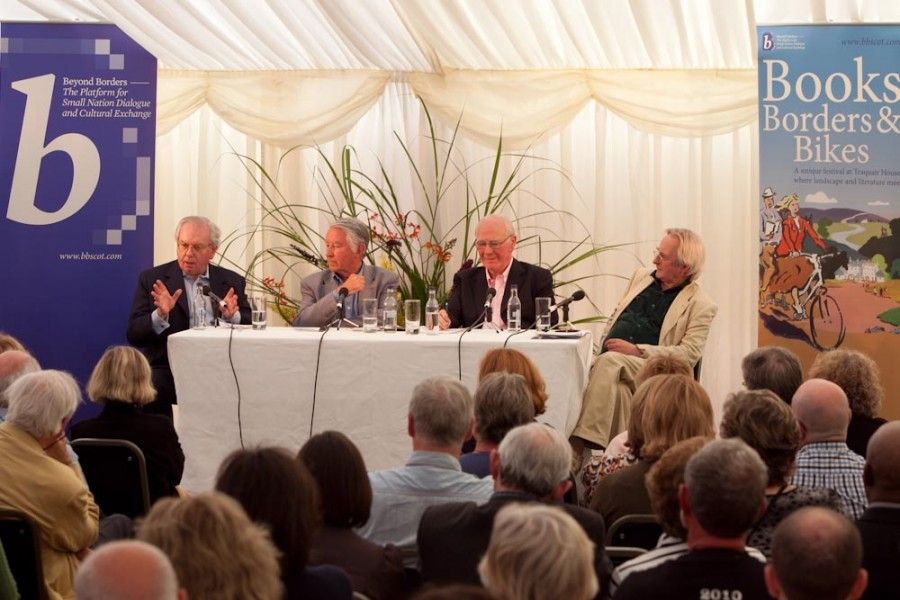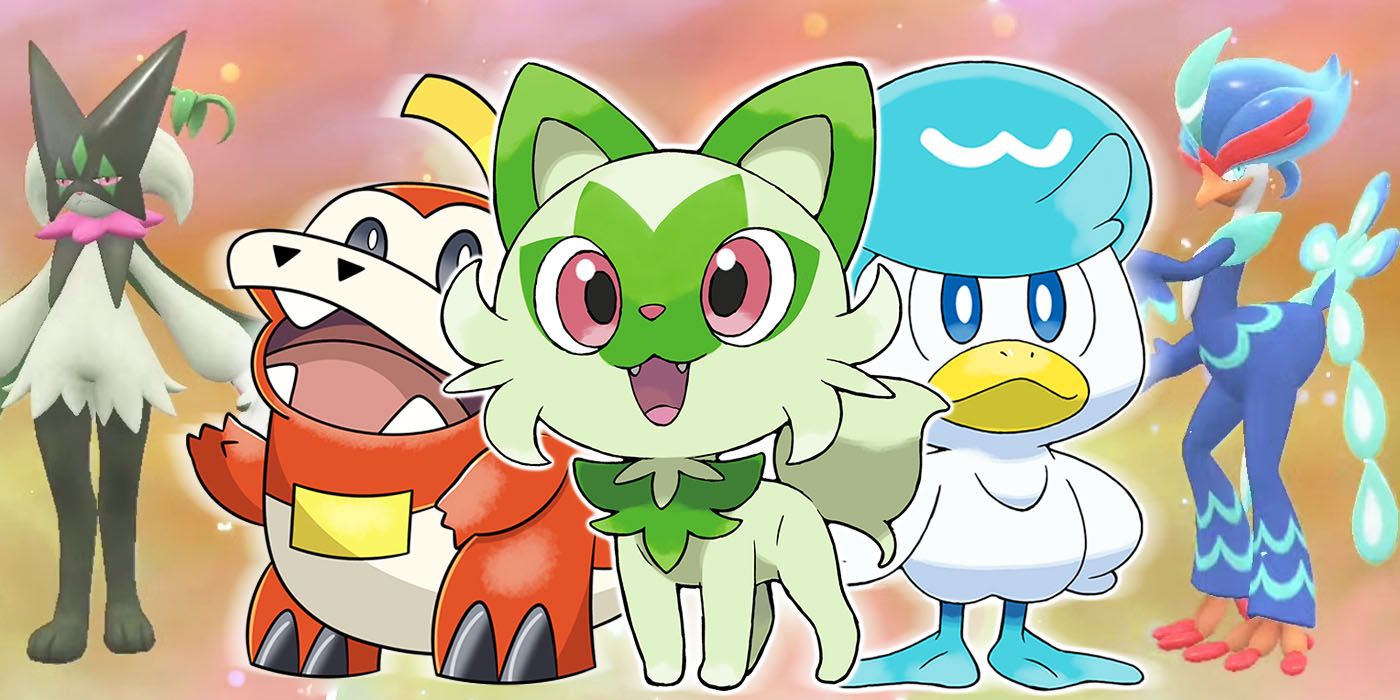Beyond Borders: How International Artists Are Shaping Eurovision

Table of Contents
The Rise of International Songwriters and Composers
The Eurovision Song Contest, once predominantly a showcase of homegrown European talent, is now increasingly reliant on the creative prowess of international songwriters and composers. This influx of global talent has significantly broadened the musical palette of the competition, resulting in a more diverse and exciting range of entries.
-
Increased accessibility of international collaboration through online platforms. The internet has broken down geographical barriers, making it easier than ever for artists and songwriters from different countries to collaborate on Eurovision entries. Digital audio workstations (DAWs) and online collaboration tools allow for seamless teamwork across continents.
-
The impact of international songwriting on the musical diversity of the competition. The involvement of international songwriters brings a wealth of diverse musical styles and influences to Eurovision, leading to a more eclectic and engaging musical landscape. We're seeing blends of genres previously unseen in the contest.
-
Examples of specific international collaborations and their impact on the contest. Many successful Eurovision entries owe their success to international songwriting teams. For example, [Insert example of a successful Eurovision song written by an international team, citing the song, artists, and composers]. This collaboration demonstrated a fusion of [mention specific musical styles] resulting in a unique and memorable entry. Another example is [Insert another example].
-
Discussion of the blending of different musical genres and styles. The collaboration between international artists often leads to a fascinating fusion of musical genres. We see elements of pop, folk, electronic, and world music seamlessly integrated into Eurovision entries, creating a truly global soundscape.
The Influence of Global Musical Trends on Eurovision Entries
Global pop music trends are no longer confined to their regions of origin; they are influencing the Eurovision Song Contest in profound ways. K-pop, Latin pop, and Afropop, among others, have made their mark on the competition, demonstrating the increasingly interconnected nature of the global music industry.
-
Examples of entries incorporating K-pop influences. The meticulous choreography, catchy melodies, and powerful vocals characteristic of K-pop have found their way into several Eurovision entries. [Insert specific example of a Eurovision song with K-pop influences].
-
Examples of entries featuring Latin rhythms and melodies. The infectious rhythms and passionate melodies of Latin pop have added a vibrant energy to the Eurovision stage. [Insert specific example of a Eurovision song with Latin influences].
-
The impact of global trends on stage production and choreography. Global musical trends often influence not only the sound but also the visual aspects of Eurovision performances. The adoption of advanced stage technology and innovative choreography reflects the globalized nature of the production.
-
Discussion of the changing preferences of the Eurovision audience. The increasing popularity of global music trends amongst Eurovision viewers demonstrates a shift towards a more cosmopolitan and diverse audience, embracing international sounds and styles.
Breaking Down Barriers: Cultural Exchange and Representation
Eurovision serves as a powerful platform for artists from diverse backgrounds to showcase their cultures and stories to a global audience. The contest transcends national borders, promoting intercultural understanding and celebrating the richness of global musical heritage.
-
Examples of songs highlighting specific cultural traditions or languages. Many Eurovision entries proudly celebrate the unique cultural heritage of their respective countries through their lyrics, musical styles, and costumes. [Insert examples showcasing cultural diversity in Eurovision songs and performances].
-
The importance of inclusivity and representation in the contest. Eurovision’s embrace of diverse artists and cultures is crucial for fostering inclusivity and representation on a global stage. This representation is vital in showcasing a variety of perspectives and experiences.
-
The impact of Eurovision on promoting intercultural understanding. The contest fosters intercultural understanding by exposing viewers to different cultures, languages, and musical styles, promoting tolerance and appreciation for diversity.
-
The role of Eurovision in showcasing marginalized voices and cultures. Eurovision can play a significant role in amplifying the voices of marginalized communities and cultures, giving them a platform to share their stories and traditions with the world.
The Future of Eurovision: A Truly Global Stage
The future of Eurovision seems bright, marked by the continued growth of international collaboration and the influence of global musical trends. The competition's evolution suggests a future where geographical boundaries hold less sway, fostering a truly global stage for musical talent.
-
Predictions for future musical trends in Eurovision. We can expect to see further integration of global musical styles into future Eurovision entries, with a blurring of genre lines and increasing cross-cultural collaborations.
-
The potential for increased participation from non-European countries. The potential expansion of Eurovision to include more non-European countries could significantly diversify the competition and amplify global musical voices.
-
The impact of globalization on the voting system and audience engagement. As Eurovision becomes increasingly global, the voting system and audience engagement strategies may need to adapt to cater to a wider and more diverse viewership.
-
Discussion on the potential challenges related to maintaining cultural integrity. While embracing globalization, it is important for Eurovision to ensure that the cultural integrity and uniqueness of individual national entries are preserved.
Conclusion
From the songwriting process to the overall artistic vision, international artists are undeniably shaping the Eurovision Song Contest, injecting fresh sounds, styles, and cultural perspectives into the competition. This globalization enriches the event, creating a vibrant and diverse musical experience for viewers worldwide. The Eurovision Song Contest’s continued evolution reflects the increasingly interconnected world we live in and its power to unite diverse cultures through the universal language of music.
Call to Action: Want to delve deeper into the fascinating world of international artists and their impact on the Eurovision Song Contest? Keep exploring our articles to learn more about the global influence on this beloved competition! Discover how international collaboration is redefining the Eurovision experience and transforming its musical landscape. #Eurovision #InternationalArtists #GlobalMusic #EurovisionSongContest

Featured Posts
-
 Mission Impossible 7 Streaming New Platform For Dead Reckoning
May 14, 2025
Mission Impossible 7 Streaming New Platform For Dead Reckoning
May 14, 2025 -
 Estonias Unexpected Eurovision Choice An Italian Parody
May 14, 2025
Estonias Unexpected Eurovision Choice An Italian Parody
May 14, 2025 -
 Gang Violence Threatens Opening Of Haitis Third Airport
May 14, 2025
Gang Violence Threatens Opening Of Haitis Third Airport
May 14, 2025 -
 Every Generations Best Starter Pokemon Expert Analysis And Picks
May 14, 2025
Every Generations Best Starter Pokemon Expert Analysis And Picks
May 14, 2025 -
 Newcastle News Premier League Defender Move Likely To Collapse
May 14, 2025
Newcastle News Premier League Defender Move Likely To Collapse
May 14, 2025
